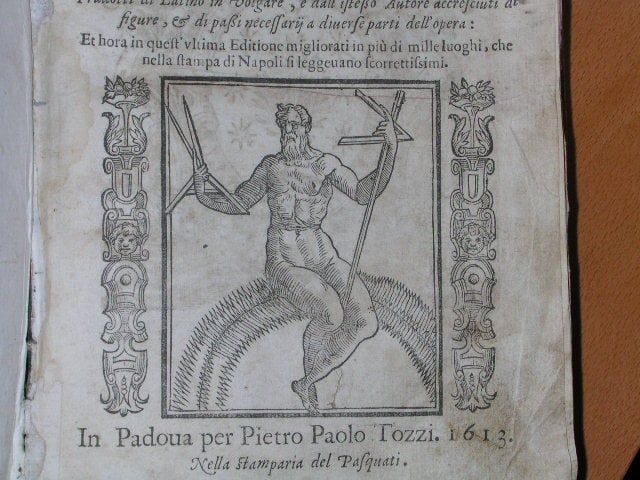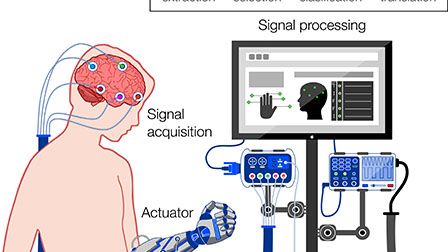SpaceX wants to put an advertising billboard in space. The company will have to follow legal frameworks for doing so, experts explain.



# On the Opportunities and.
Risks of Foundation Models.
AI is undergoing a paradigm shift with the rise of models (e.g., BERT, DALL-E, GPT-3) that are trained on broad data at scale and are adaptable to a wide range of downstream tasks. We call these models foundation models to underscore their critically central yet incomplete character.
This report provides a thorough account of the opportunities and risks of foundation models, ranging from their capabilities (e.g., language, vision, robotics, reasoning, human interaction) and technical principles (e.g., model architectures, training procedures, data, systems, security, evaluation, theory) to their applications (e.g., law, healthcare, education) and societal impact (e.g., inequity, misuse, economic and environmental impact, legal and ethical considerations).
Though foundation models are based on conventional deep learning and transfer learning, their scale results in new emergent capabilities, and their effectiveness across so many tasks incentivizes homogenization.
Homogenization provides powerful leverage but demands caution, as the defects of the foundation model are inherited by all the adapted models downstream.
Despite the impending widespread deployment of foundation models, we currently lack a clear understanding of how they work, when they fail, and what they are even capable of due to their emergent properties.
To tackle these questions, we believe much of the critical research on foundation models will require deep interdisciplinary collaboration commensurate with their fundamentally sociotechnical nature.

Since 1,988 and formation of the Posthuman Movement, and articles by early adopters like Max Moore were a sign our message was being received — although I always argued on various Extropian & Transhuman bulletin boards & Yahoo groups &c that “Trans” was a redundant middle and we should move straight to Posthuman, now armed with the new MVT knowledge (also figures on the CDR). There will be a new edition of World Philosophy, the first this millennium, to coincided with various Posthuman University events later this year. Here is the text:
THE EXTROPIAN PRINCIPLES V. 2.01 August 7 1992.
Max More Executive Director, Extropy Institute.
1. BOUNDLESS EXPANSION — Seeking more intelligence, wisdom, and.
personal power, an unlimited lifespan, and removal of natural, social.
biological, and psychological limits to self-actualization and self-realization. Overcoming limits on our personal and social.
progress and possibilities. Expansion into the universe and infinite existence.
2. SELF-TRANSFORMATION — A commitment to continual moral.
intellectual, and physical self-improvement, using reason and critical.
thinking, personal responsibility, and experimentation. Biological and.
neurological augmentation.
3. INTELLIGENT TECHNOLOGY — Applying science and technology to.
transcend “natural” limits imposed by our biological heritage and environment.
4. SPONTANEOUS ORDER — Promotion of decentralized, voluntaristic.


The applications claimed Dabus, which is made up of artificial neural networks, invented an emergency warning light and a type of food container, among other inventions.
Several countries, including Australia, had rejected the applications, stating a human must be named the inventor. The decision by the Australian deputy commissioner of patents in February this year found that although “inventor” was not defined in the Patents Act when it was written in 1991 it would have been understood to mean natural persons – with machines being tools that could be used by inventors.
But in a federal court judgment on Friday, justice Jonathan Beach overturned the decision, and sent the matter back to the commission for reconsideration.

Following the approval of the consent law by Danish parliament in December 2020, a team of Danish developers released iConsent, which allows users to send a request for consent via their phone to a potential partner, who can then accept or reject the encounter. Via @WIREDUK
Denmark’s iConsent aims to support new sexual consent legislation – but does it lack the sex appeal for everyday use?

Brain–computer interfaces (BCIs) provide bidirectional communication between the brain and output devices that translate user intent into function. Among the different brain imaging techniques used to operate BCIs, electroencephalography (EEG) constitutes the preferred method of choice, owing to its relative low cost, ease of use, high temporal resolution, and noninvasiveness. In recent years, significant progress in wearable technologies and computational intelligence has greatly enhanced the performance and capabilities of EEG-based BCIs (eBCIs) and propelled their migration out of the laboratory and into real-world environments. This rapid translation constitutes a paradigm shift in human–machine interaction that will deeply transform different industries in the near future, including healthcare and wellbeing, entertainment, security, education, and marketing. In this contribution, the state-of-the-art in wearable biosensing is reviewed, focusing on the development of novel electrode interfaces for long term and noninvasive EEG monitoring. Commercially available EEG platforms are surveyed, and a comparative analysis is presented based on the benefits and limitations they provide for eBCI development. Emerging applications in neuroscientific research and future trends related to the widespread implementation of eBCIs for medical and nonmedical uses are discussed. Finally, a commentary on the ethical, social, and legal concerns associated with this increasingly ubiquitous technology is provided, as well as general recommendations to address key issues related to mainstream consumer adoption.

Researchers warn of the potential social, ethical, and legal consequences of technologies interacting heavily with human brains.
Surpassing the biological limitations of the brain and using one’s mind to interact with and control external electronic devices may sound like the distant cyborg future, but it could come sooner than we think.
Researchers from Imperial College London conducted a review of modern commercial brain-computer interface (BCI) devices, and they discuss the primary technological limitations and humanitarian concerns of these devices in APL Bioengineering, from AIP Publishing.

Boiling lobsters alive may be banned under a new law in the UK designed to protect the welfare rights of animals considered sentient beings. So, are lobsters sentient, do they feel pain, and what does science have to say about the moral quagmire of crustacean agony and cooking pots?
Back in May 2021, the UK government introduced a bill to formally recognize animals as sentient beings. Among the many facets of the bill, it aimed to limit the import of products from trophy hunting, push for fairer space requirements for farm animals, and stop people from owning primates as pets.
However, the bill only covered animals with a backbone and didn’t include any protections for non-vertebrates, which includes octopuses, squid, insects, and crustaceans. The Times reports that ministers are now preparing to back an amendment to the House of Lords, the upper house of the UK Parliament, to extend the legislation to shellfish and cephalopod mollusks. As per the report, this is likely to involve an outright ban on boiling lobsters alive.

Lawyers and venture capitalists said DeFi inhabits a largely unregulated grey area that could face pressure from the new Securities and Exchange Commission chair Gary Gensler. Some investors drew comparisons between DeFi and the boom in initial coin offerings four years ago, which collapsed following interventions by regulators.
Wave of ‘DeFi’ projects aim to reinvent exchanges, insurance, lending and more.